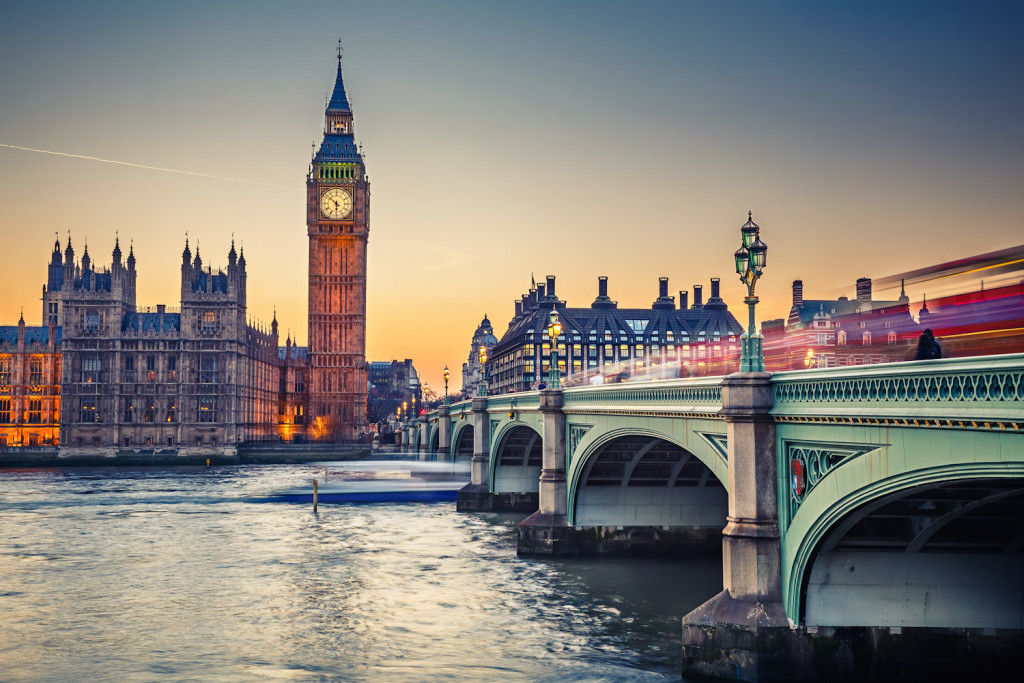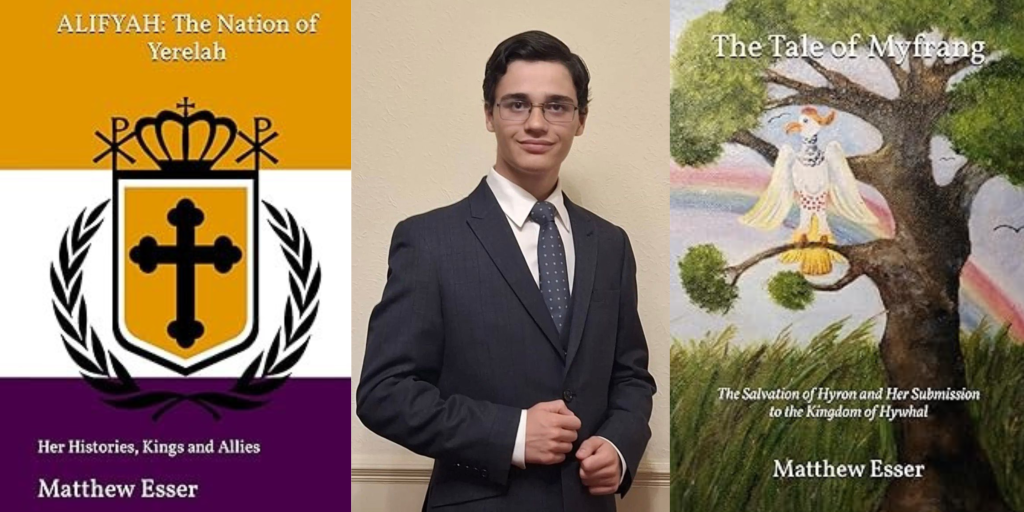The hectic Brexit debate
All over the country, in restaurants, pubs, offices and trains, the in or out question is openly, eagerly and often anxiously discussed. There has been endless speculation about how a European exit would influence house prices, interest rates, the banking sector, security, immigration, the NHS, scientific research, the arts and even the future of Gibraltar.
It is quite different to normal elections, where people are usually quite reticent about which party they support. It’s also a once in a lifetime type of decision; the last one was in the seventies. The other unusual factor is that the big political parties are openly divided internally, with Conservative giants David Cameron and Boris Johnson sniping at each other. On the other hand you find that traditional ideological opponents George Osborne, Ed Balls and Vince Cable are effortlessly sharing the same platform.
Most people don’t quite know what to make of the seemingly convincing arguments presented by both sides. I have spoken to many people who admitted that they are uncertain or are changing their minds constantly. The fact that over 20% of the electorate are still uncertain which way they are going to vote at this late stage of the campaign is also unusual. This filters through to the campaign spokespersons on both sides who are responding by exaggerating their respective cases to try and net these precious floating votes.
South African Chamber of Commerce in London
An important debate on the Brexit issue was also held at the South African Chamber’s monthly Connect meeting in the heart of the City of London last week.
Ryan Coetzee, a political strategist who has been an MP in South Africa and is still active as an advisor to the DA and who has also served as special adviser to Nick Clegg of the Liberal Democrats, took the “Britain Stronger In” stance, whilst Andrew Rosindell, the Conservative Member of Parliament for Romford and a member of the UK’s All-Party Parliamentary Group on the British Overseas Territories, advocated for the UK to leave the European Union in order to have a better relationship with the Commonwealth and South Africa.
The two excellent speakers presented their respective cases with conviction and passion and things became quite heated at one stage. Andrew Rosindell presented his case first and he wasted no time in asserting how important it is for the British to reclaim their sovereignty and to be free to trade with the world at large instead of being hampered by the top-heavy Brussels bureaucrats all the way. Andrew also emphasised the immigration issue, which is a big concern for many people, and he made a valid point in asking why the common market should be accompanied by the free movement of people internally. Other common markets in the world still keep their respective borders, he pointed out. The fact that over a million Syrians might have German passports in a few years’ time and will be free to come to the UK and elsewhere in Europe was also touched on. Andrew also pointed out that the UK buys much more from Europe than it exports and that the European Union cannot afford to lose such a huge market.
Andrew referred to the Commonwealth as English speaking in contrast to Europe, which seems a bit strange, as English has been accepted as the European Union’s lingua franca and is the preferred foreign language for students right across Europe by a huge margin. I could not help but wonder why the inherent economic weakness of having a common monetary policy for European countries as diverse as Finland and Greece did not crop up.
Ryan Coetzee immediately kicked off with an impressive list of international and national financial institutions, including the International Monetary Fund and the World Bank, which made no bones of the fact that leaving the European Union would be detrimental to the UK’s economy. He emphasised that the UK would actually have much more clout as a member of the biggest economic block in the world and that it would be madness to forsake the direct access to 400 million Europeans. After all more than 50% of UK exports go to Europe. Ryan warned of an economic slump if the Brexits prevail. This seems a real possibility, since the banking and financial institutions generate about a quarter of the domestic income and services, in contrast to factories, can virtually pack up and leave overnight. I spoke to several South Africans who are employed in this sector and they all seem to share this fear. The existing trade agreements will also come to an end if the UK chooses to leave and, according to Ryan, everyone would have to be renegotiated, which can take years.
Ryan could not resist a bit of posturing by painting the pro-Europeans as the tolerant, cool world citizens in contrast to the slightly narrow-minded leavers.
The Common Market
I worked in London in the seventies. In the summer of ʼ75 we drove all the way through France right down to Marbella and then up to Northern Italy and back to England in a camper. One of the overriding memories of that trip was of how poor some parts of Spain were. We saw lots of TV aerials sticking out of the ground on hills where people were living in cave homes. Peasant women, dressed in black and covered in dust, would bring back flocks of sheep to the villages late in the afternoon. We entered a shop in a village in the hills outside Barcelona one afternoon to buy food and snacks and the shelves were almost empty. We could only pick up a few olives and some stale bread. The main road from Madrid down south to Marbella was narrow and poorly surfaced. It could not even begin to compare with the wide tar road that connected Johannesburg to Cape Town at that time.
Turn the clock forward by 25 years and Spain is absolutely transformed to a modern industrial, prosperous country with a road network second to none. This was due to political changes and the enormous benefits brought on by the European Common Market. All the countries still policed their own borders and had their respective currencies. It was often inconvenient and sometimes very confusing, but the Common Market took Europe into a new era of economic cooperation and prosperity.
We were delighted by the progress afforded by the Schengen visas in 1990 and later in ʼ99 the Euro currency, but the top-heavy European Union is somehow more difficult to love and admire. There is more than a whiff of arrogance emanating from these faceless bureaucrats, who were not elected and as a result are not accountable to anyone.
The big decision
In the end most people will vote according to their personal circumstances, for example the British expats living in Europe will want to stay in. Young couples I spoke to told me they are going to vote for an exit in order for house prices to come down. Others who are working in firms doing business with Europe say they do not want to rock the boat. The fishermen feel that the UK’s waters have been overfished by other European nations such as Iceland and Norway and they will want out. The polls show older people are more inclined to want to leave the Union, whilst younger voters, especially students, prefer to stay in Europe.
If you are wondering which way the celebrities are voting, actress Keira Knightley, Arsène Wenger of Arsenal, the Top Gear guy Jeremy Clarkson and famous chef Raymond Blanc are for staying in whilst cricket legend Sir Ian Botham wants out and is supported by actor Sir Michael Caine and rock legend Roger Daltrey of The Who.
Even in our family we are divided – three for staying in, two for going out. However, we all agree that the lack of analyses by independent experts, who are not connected to either camp, is what is really lacking in this campaign. This election can be seriously influenced by external events right up to voting day. It is going to be a tense three weeks.
Share on
Latest articles




















